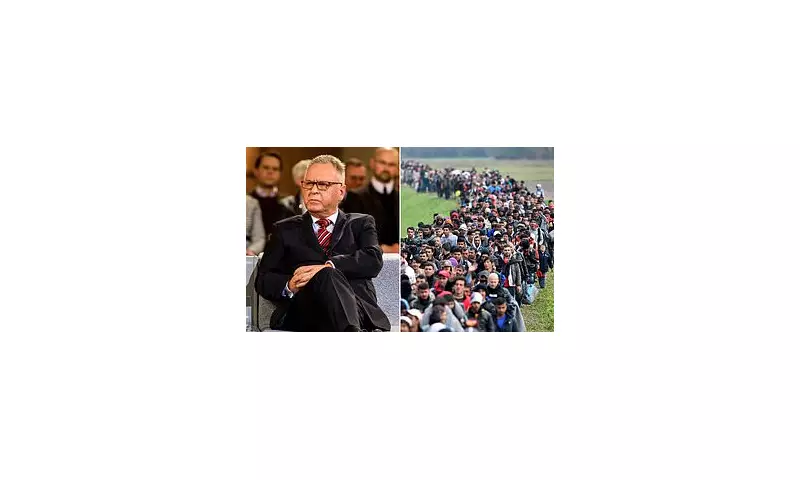
A seismic clash between national sovereignty and international human rights law is underway, according to a formidable new report from the influential Policy Exchange think tank. The study issues a stark warning that the European Court of Human Rights (ECHR) in Strasbourg is engaging in a 'significant power grab' that poses a direct threat to the foundations of Western democracies.
The analysis centres on the court's controversial interpretation of Article 3 of the European Convention on Human Rights, which prohibits torture and inhuman treatment. The report argues that the ECHR has effectively rewritten this law, transforming it into a powerful tool that compels member states to accept asylum seekers, severely limiting their ability to control their own borders.
A Threat to Democratic Integrity
The implications are profound. The report contends that by creating a de facto 'individual right to migrate', the court is stripping nations of their democratic right to manage immigration. This judicial overreach, it argues, undermines the very principle of self-governance and places critical decisions about a country's population and security in the hands of unelected judges in Strasbourg.
The UK's Constitutional Standoff
The findings place the UK government's ongoing battle with the ECHR in a new light. The report serves as a potent justification for policies like the stalled Rwanda deportation plan, which was initially grounded by an 11th-hour intervention from the Strasbourg court.
It advocates for a fundamental rebalancing of power, suggesting that the UK's own Supreme Court should be the ultimate arbiter of human rights matters, not a foreign court. This positions the UK's internal debate as part of a much larger, continent-wide struggle for legal and political authority.
The Path Forward: Resistance and Reform
Policy Exchange's report is not merely an observation; it is a call to arms. It urges the UK and other Council of Europe members to firmly resist the ECHR's expanding jurisdiction. Proposed solutions include:
- Ignoring interim measures ('Rule 39') that halt deportations.
- Exercising the sovereign right to derogate from certain conventions in times of emergency.
- Pursuing substantive reform of the court itself to curb its activist tendencies.
The message is clear: without decisive action, the ability of Western nations to determine their own immigration policies—a cornerstone of democratic sovereignty—risks being permanently eroded by an unaccountable international court.





